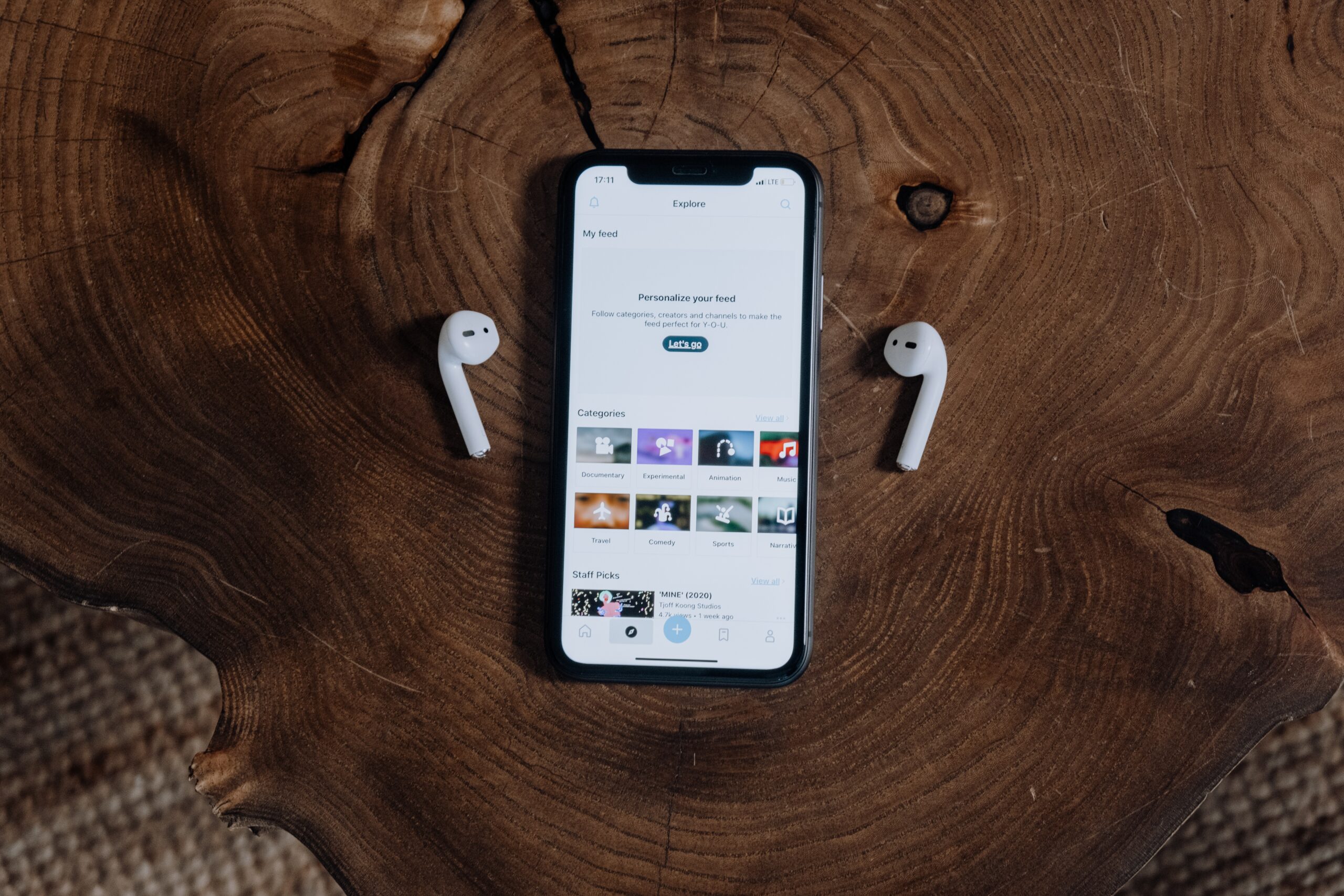Systemically, the music industry has always been tough to navigate for artists. What starts as a dream for many artists, can quickly turns into a regretful situation due to 360 deals, payola, masters rights, and more.
Society has seen firsthand, the issues that artists have faced. Many even recently opening up about their industry hardships and experiences. Ari Lennox has made it clear multiple times that she no longer wants to work in the music industry. Not because she doesn’t love making music but because of the systems put in place. The same goes for SZA. In a viral TikTok video, the singer was seen breaking down prior to performing on Saturday Night Live. She explains in the video that her label wanted to push back the release date for her album.
Now a new issue is coming to light for artists due to the introduction of artificial intelligence into the music industry.
The introduction of AI into society is a complex issue. On one hand, it is seen as a benefit, aspects of work and life easier and more streamlined. However, there is also the concern that technology may take the jobs once help exclusively by humans. ChatGPT is an AI server that has led to much debate and concern. It greatly reduces, and in some cases removes, the need for human copywriter positions and content writers. Now, it is also affecting the music industry. AI generated song covers circulating around the internet and gaining traction. An AI music generator created a version of Beyoncé’s “Cuff It” sung by Rihanna, for example. To an untrained ear, it sounds very believable. This ushers in the concern of how AI’s creative abilities may affect Black women in the music industry.
The Effect Of AI On Music
One of the issues that AI music generators presents is the legality behind the music. Many experts are saying that since this is all new, it only brings about a legal mess. Music labels cannot pinpoint who to sue when these songs are being covered by AI versions of other artists. This results in an artist losing money that someone else is gaining while using their likeness.
Streaming is already a difficult realm to navigate as an artist because of how low they get paid per stream. In fact, when streaming was first introduced, there weren’t ways for an artist to get paid directly from it. If a musician went platinum, that certification was based on only physical and digital sales. The amount of times it was streamed did not matter. This became an issue for many artists, with Nicki Minaj being one of the top advocates for artists to get paid via streaming. Because of the outrage from artists like Minaj, the RIAA adjusted their processes for gold and platinum certifications. In 2016 it was announced that the organization acknowledges 1,500 streams as the equivalent of 10 track sales or 1 album sale.
How AI Is Being Tackled
Universal Music group has already called for streaming services to block AI generators from accessing its music. It is considered to be a breach of UMG’s agreements and copyright law. According to CNN, the US Copyright Office is staking a stand against AI music generators.
“In the case of works containing AI-generated material, the Office will consider whether the AI contributions are the result of ‘mechanical reproduction’ or instead of an author’s ‘own original mental conception, to which [the author] gave visible form,’” the new guidance explains.
AI has the potential to be a great development in technology. AI music generators have the ability to help fuel creatives and guide them when they face creative blocks. However, continuing to use AI to make covers of songs using other artists voices, is a path that can get very dark, very fast.
